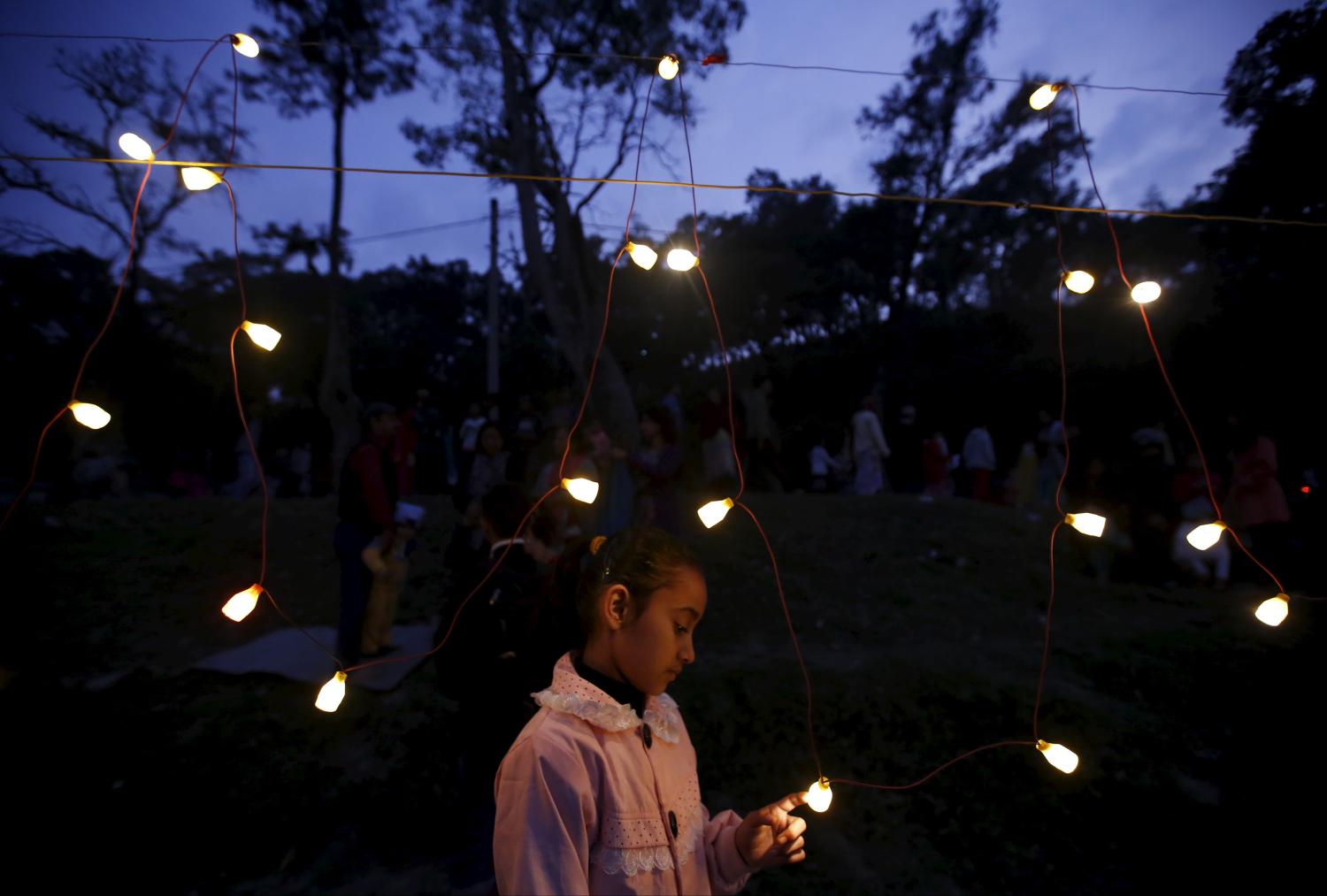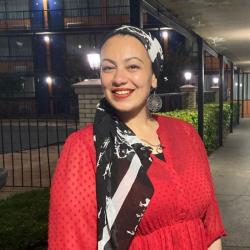The Ministry of Education and Technical Education (MoETE) in Egypt has committed to developing a curricular framework for reproductive health and population studies—what is globally known as comprehensive sexuality education (CSE). This is a vital change, as Egyptian youth currently receive only one sexual and reproductive health lesson and a few in family planning techniques in their 13 years of schooling. Depending on the approach to implementing CSE, it could either stifle or powerfully serve to address deeply entrenched adolescent challenges, like school violence, early marriage and girls’ push-out from schools, and gendered punishments and violence that forces boys to maintain a standard of masculinity. How can a decolonial CSE framework—one that centers local knowledge, voices, and actors—create more impactful multi-stakeholder partnerships and enable gender-transformative education?
As part of its commitment to reproductive health education, Egypt’s 2023 National Population Plan focuses on a rights-based approach to CSE aiming to empower adolescents beyond relaying information. However, as Egypt assesses its status in the subject, it could learn from other low- and middle-income countries, especially where CSE implementation has faced challenges due to missed opportunities for community engagement. A decolonial approach to CSE could help avoid implementation pitfalls that have emerged in similar contexts due to a lack of community engagement. The research I conducted as a 2023 Echidna Global Scholar provides guidance for implementing the MoETE’s reproductive health curriculum framework and focuses on a decolonial approach to a rights-based CSE. This approach can allow for community-wide dialogue among different stakeholders that centers young people’s experiences and suggests building curricula based on local ways of being and knowing, while also negotiating power dynamics with global actors in international education development.
What is the status of sexual and reproductive health education for adolescents in Egypt?
In my study, conducted between June and December 2023, I analyzed both adolescents’ experiences with reproductive health in public schools across five governorates in Egypt (sampling north and south provinces) and various health ecosystem actors, focusing on their work and challenges and revealing their status and needs as follows:
- Adolescents face challenges like gender inequality, violence, and limited access to health information in schools. Between 2021-2023, 52% of the violence reported by adolescents in schools was related to sexual and gender-based violence. Furthermore, only 34% of adolescents discuss puberty issues with their parents. Adolescents expressed limited trust in school teachers’ ability to handle CSE topics and reported positive experiences with civil society organizations (CSOs). Young people desire CSE programs that help them navigate bodily changes, relationships, gender stereotypes, and negotiate their agency with decision makers in their lives.
- CSE-related lessons are often overlooked in Egyptian schools due to teachers’ embarrassment and heavy workload. Several analyses of school textbooks report a reinforcement of gender stereotypes, which can potentially limit CSE’s overall effectiveness. Teachers, who were learners themselves in the same education system, need support and educational pathways that enable them to uncover and (de)construct deep-seated values and beliefs around CSE.
- CSOs more successfully implement CSE across different demographics by addressing sensitive topics, building trust, using innovative pedagogies, and integrating youth voices. However, the study also uncovered that CSOs’ programs have a limited reach and are donor-driven, with little chance to question the histories and power dynamics of funders.
- There is currently no team focused on championing CSE within the Ministry, indicating the need for a leadership steering unit made up of officials and community representatives. The Ministry acts as the central coordinating actor, and an opportunity presents itself for partnerships with CSOs to conduct CSE programs. This can address adolescents’ mistrust in schools and unburden teachers.
Given the above, multi-stakeholder partnerships that bring diverse actors together to develop and implement a comprehensive, decolonial intervention that centers youth agency and voices are key to the success of a national CSE policy in Egypt.
Opportunities for the effective implementation of CSE
Because of the Ministry’s commitment to a reproductive health curriculum, Egypt has the opportunity to implement a national CSE policy that commits to a decolonial approach and fosters the leadership of various voices to expand its impact, capitalize on every actor’s potential, and ensure its sustainability. In my research, I developed a framework consisting of three action pillars, content development, implementation and monitoring, and sustainability, which provides detailed actions and auditing checklists for synergistic efforts among different actors.
Content development
Establish transformative multi-stakeholder leadership for CSE. The Ministry has a significant chance to establish a steering unit with partners (ministry officials and representatives of teachers, social workers, youth, CSOs, health professionals, and religious leaders) to develop and support sustainable CSE in Egypt. Open dialogue between actors is crucial for expressing values, fears, and concerns about sensitive topics in CSE, which significantly influence young people’s identities.
Implementation
Build on already existing grassroots work and innovation. The Ministry should open after-school programs and youth centers for community facilitators and social workers to implement already existing CSE programs at scale. This will help alleviate the burden of CSE implementation from school teachers in the medium term. To this effect, collaborations between MoETE, CSOs, and the media are needed to destigmatize CSE through nationwide messaging.
Create an enabling environment for CSE in schools. The Ministry should audit all curricula for gender stereotypes and provide spaces for teachers to express their values and deconstruct their ideas about gender and reproductive health, as these can affect student-teacher interactions.
Sustainability
Move beyond donor funding and turn to youth leadership. Monitoring implementation and transparency around learning among all actors is crucial for adjusting CSE approaches in agile and adaptive ways. Furthermore, supporting local youth initiatives and innovations in health can be key to the sustainability and adoption of CSE across different community groups.
Not only can creating and implementing a national CSE policy help prevent adolescents’ health challenges (gender equality, violence in schools and at home, and access to health information) through education and empowerment, but it can also reduce long term stress on national systems like health care and justice. A decolonial approach to a rights-based CSE, which involves breaking down silos, fostering a heritage-based vision, and committing to adolescents’ needs and aspirations for CSE presents a significant opportunity to reimagine a gender-equitable, safe, and just education system.
I presented the findings from my policy brief at the 2023 research and policy symposium on gender equality in and through education, “Reshaping narratives for resilient futures” on December 4th; you can catch the recording of my virtual workshop on December 6th for a deep dive on policy design that supports an enabling framework for decolonial CSE across Egypt.
The Brookings Institution is committed to quality, independence, and impact.
We are supported by a diverse array of funders. In line with our values and policies, each Brookings publication represents the sole views of its author(s).






Commentary
Creating and enabling a decolonial framework for comprehensive sexuality education in Egypt
January 17, 2024